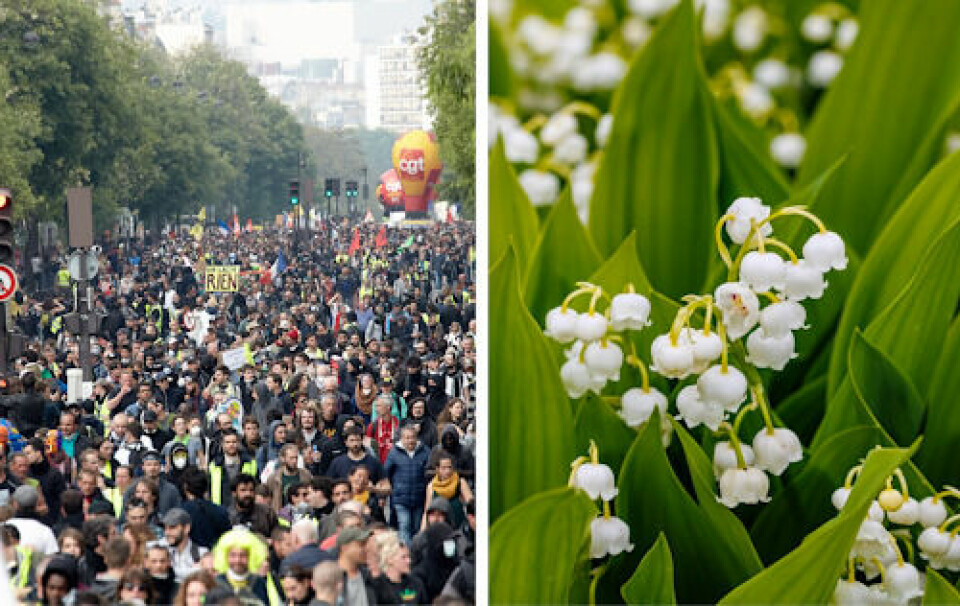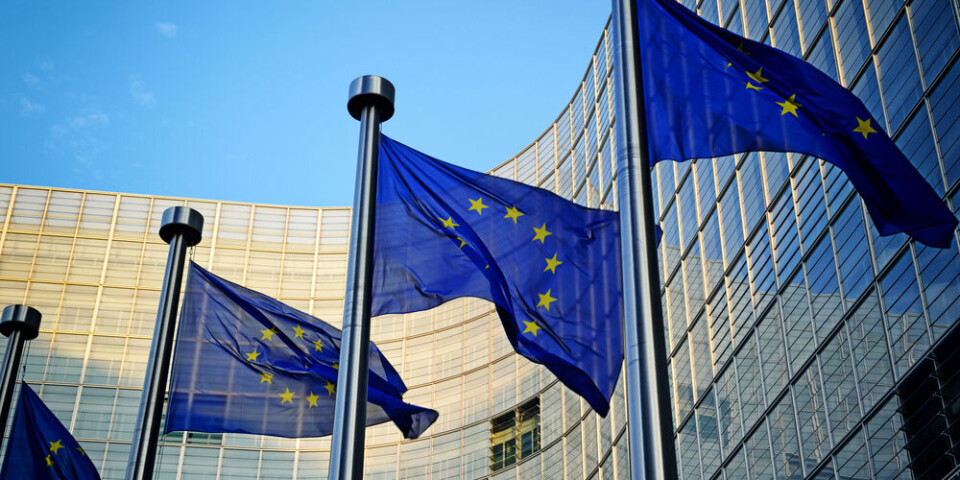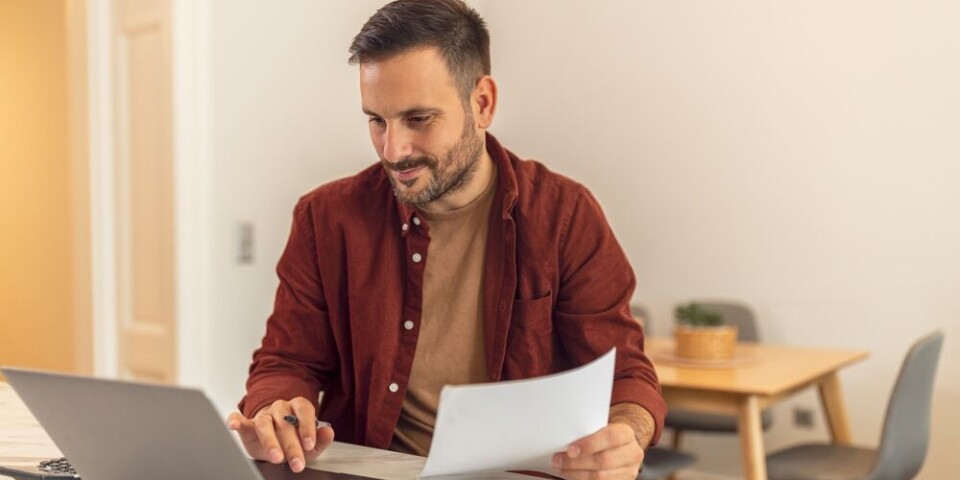-
What are the jobs you cannot do in France with ‘auto-entrepreneur’ status?
The status offers tax and administrative advantages, but has strict rules about the professions allowed
-
VAT on small businesses: French MPs call for no reduction in threshold
Plans to lower the threshold to €25,000 would hurt micro-entrepreneurs and ‘massively destroy activity and wealth’ say critics
-
Many small firms and self-employed in France soon obliged to issue digital invoices
One small business group has called for more support for the extra costs
Facemasks take priority over perfume and umbrellas
A couple of months ago they were producing umbrellas, luxury leather handbags, world-renowned perfumes or artisanal absinthe, but now factories and workshops across France are making vital masks, gowns and hand gel.
They are part of a vast effort to help protect health, care home and emergency services workers and get masks to the public as most of the surgical and virus protection masks were only for hospitals and doctors.
Le Parapluie de Cherbourg, in Normandy, is using its fabric to make mask kits for volunteers to make up.
Lingerie-maker Chantelle in Cachan, Val-de-Marne, is making 32,000 masks for local residents.
Men’s underwear firm Eminence is turning out 100,000 masks at its sites in the Gard and also selling DIY kits.
Automotive firm Libero Mazzone set up a pop-up mask plant in La Teste-de-Buch events centre in Arcachon, with 130 sewing machines from Singer.
Volunteers from handbag firm Louis Vuitton in Vendée and Drôme are making 100,000 masks for care home staff, while Yves Saint Laurent and Balenciaga staff are making masks and buying three million from China.
Luxury firm LVMH has turned three of its perfume-making sites into units capable of producing 50 tonnes of hand gel a week. Chanel and L’Occitane have also turned perfume plants over to gel, while Pernod has given 70,000 litres of alcohol for gel-making.
Absinthe distiller Armand Guy in Haut-Doubs offered 3,000 litres of alcohol to gel manufacturers, while kirsch maker Peureux in Haute-Saône is to turn out 10,000 litres a week.
Like many of the other manufacturers, Charles Yvon of Le Parapluie de Cherbourg decided to do something after his city centre workshop and factory were shut for the lockdown. He said: “I realised that with the material we have, and our network of friends in this town, we could do something.”
He designed a kit of parts for the masks and put them into packs big enough to make 20 masks. They are delivered to friends and relatives to make 100 masks a day, at their own rhythm, on home sewing machines.
Waterproof polyester umbrella material forms the outside of the mask and another town business donated the polycotton lining. A metal nose clip and elastic straps complete the ensemble.
“Obviously, it is not a medical-standard filter mask able to stop the virus when it is in the air, but it does offer some protection against the spray droplets which come out of the mouth when someone coughs or sneezes.”
He distributes the kits himself, and collects the finished masks a day or so later, giving them out mainly to home visit nurses, care homes and domestic helpers for elderly people.
Umbrella-making was established by hisfather after the success of the 1964 Palme d’Or-winning Les Parapluies de Cherbourg, with Catherine Deneuve. Charles took over in 2018.
Prices start from €129 to thousands of euros for the Kevlar and silver fabric umbrellas carried by French bodyguards protecting the President that are reputed to be bullet-proof.
The firm restarted umbrella production in late March, with new working to avoid staff contact. Mr Yvon said: “The interest and time put into making the masks by the volunteers in their home is a real display of solidarity.”
- In Haute-Savoie, 100-year-old former dressmaker Amélie Barezzani is making 200 masks for the Croix Rouge in Cran-Gevrier, Annecy.
























